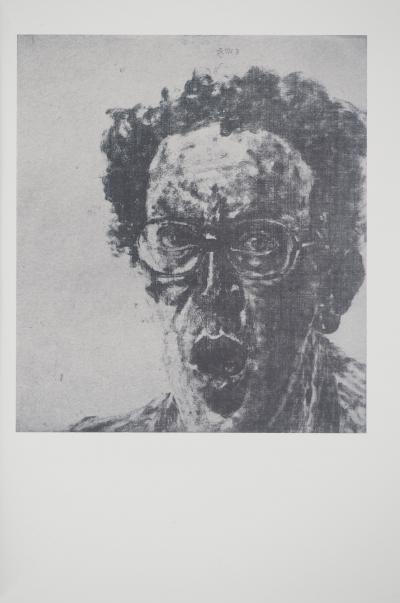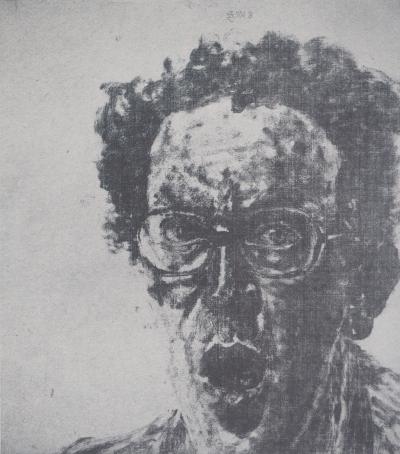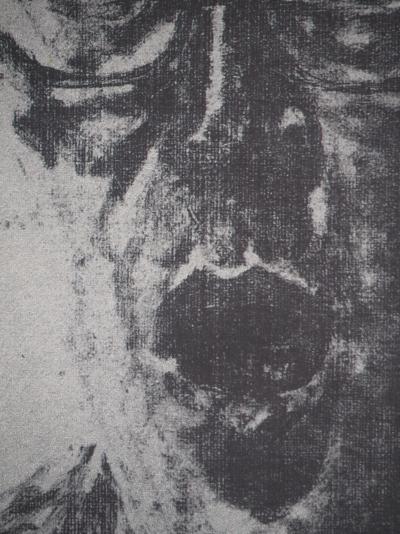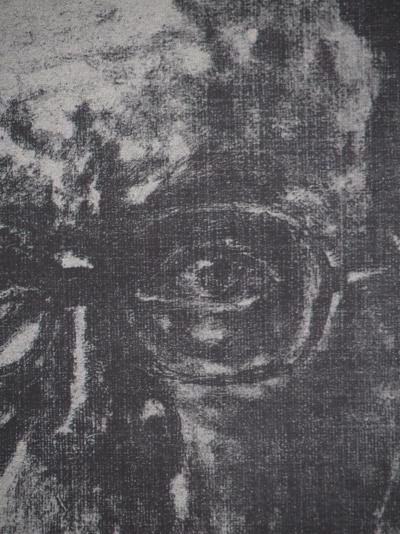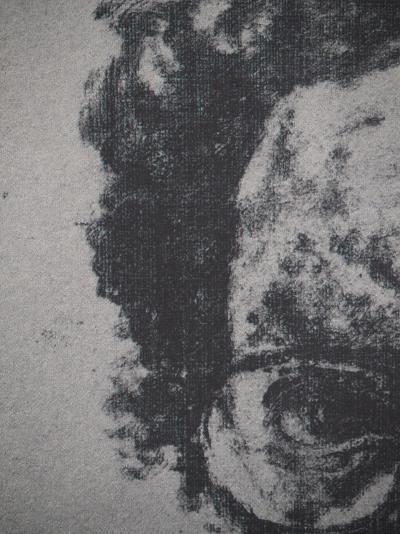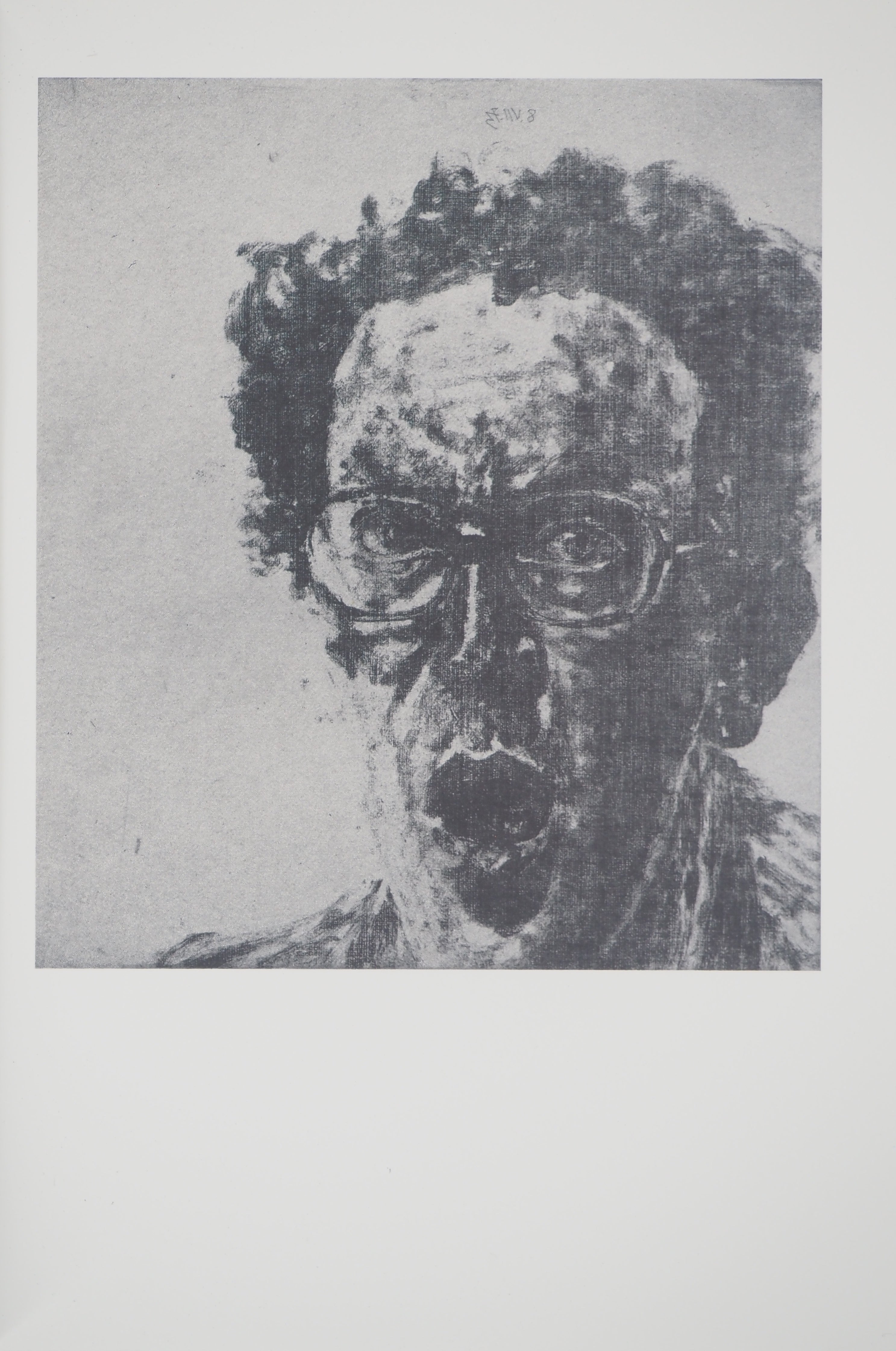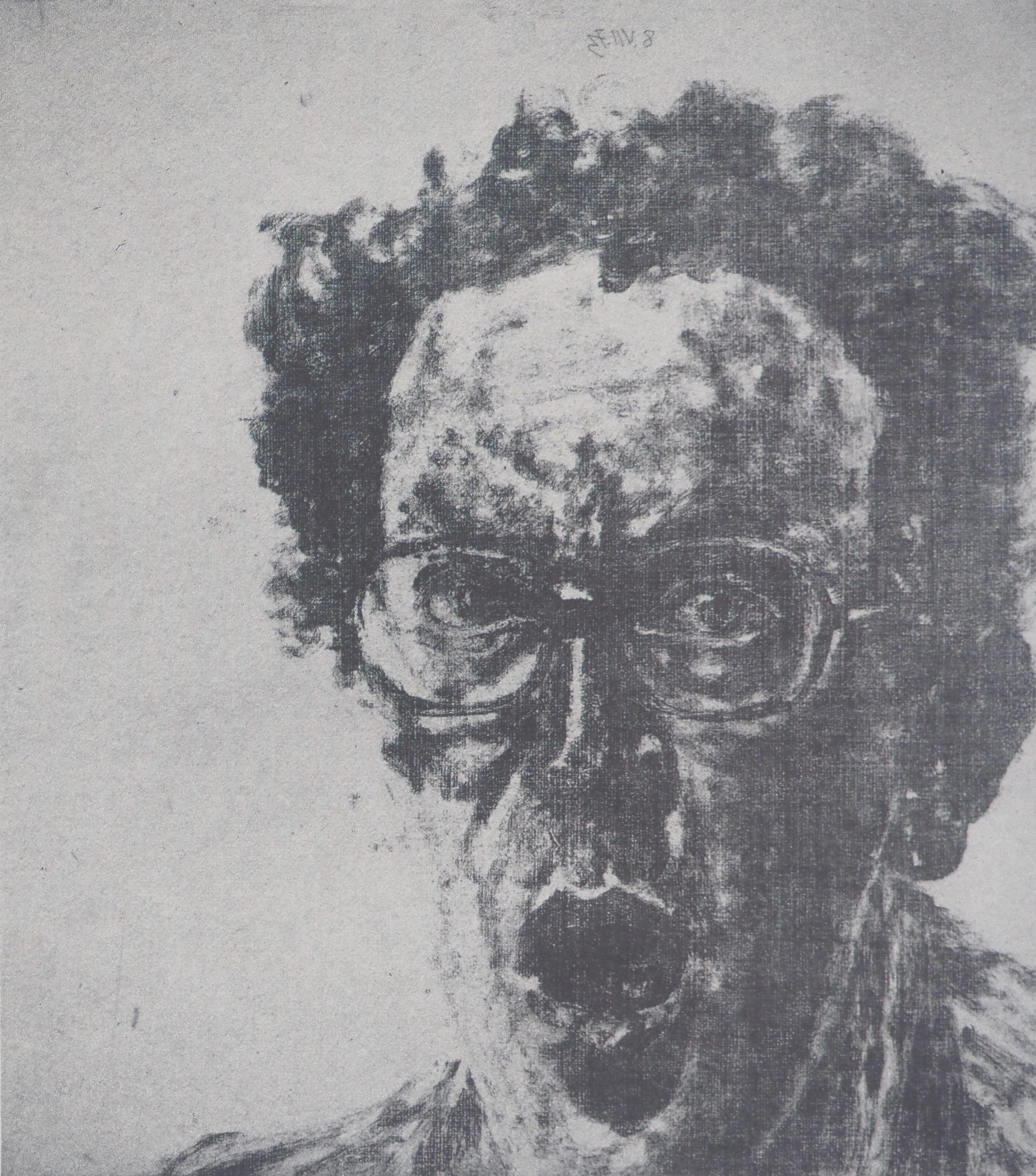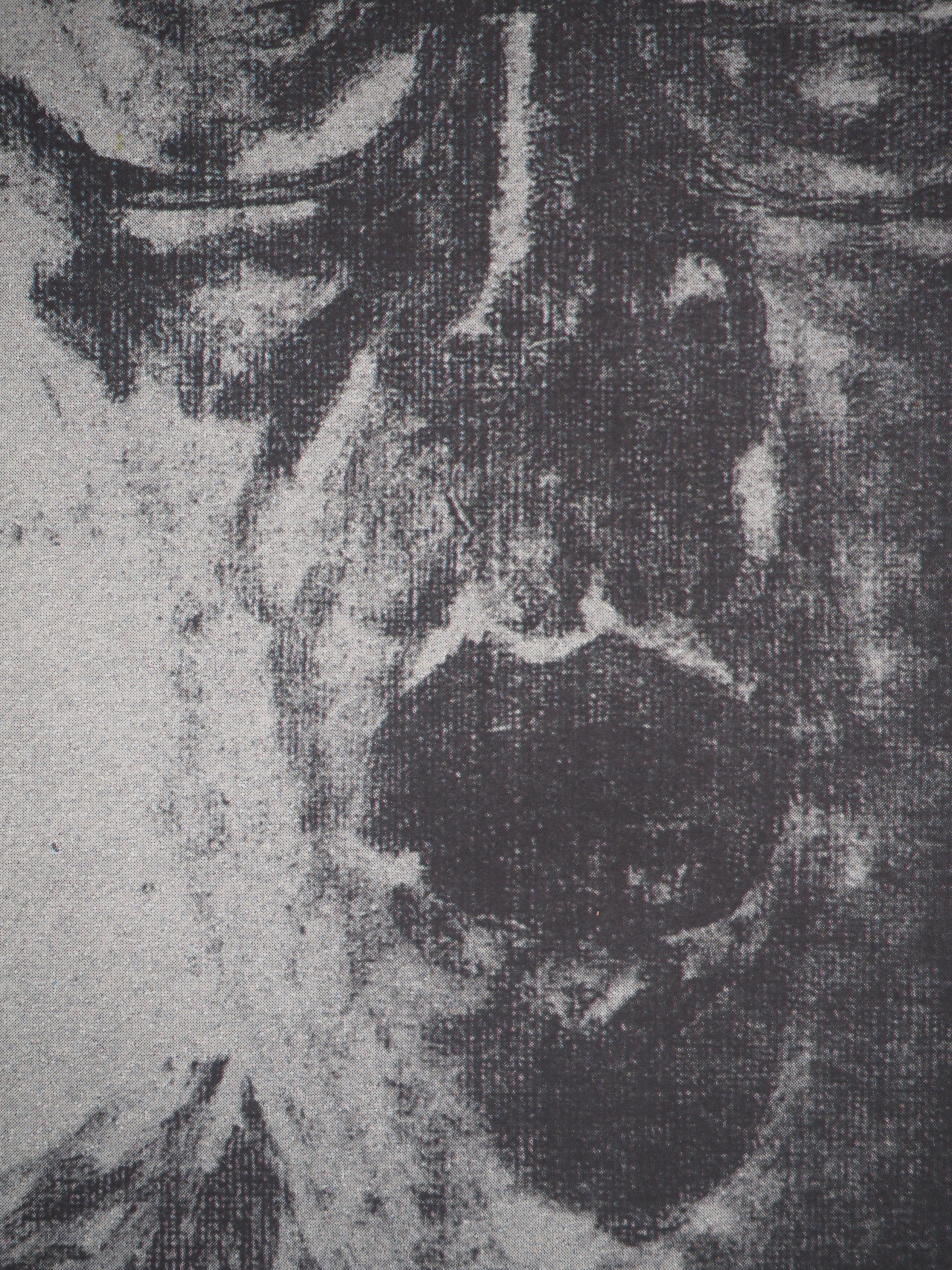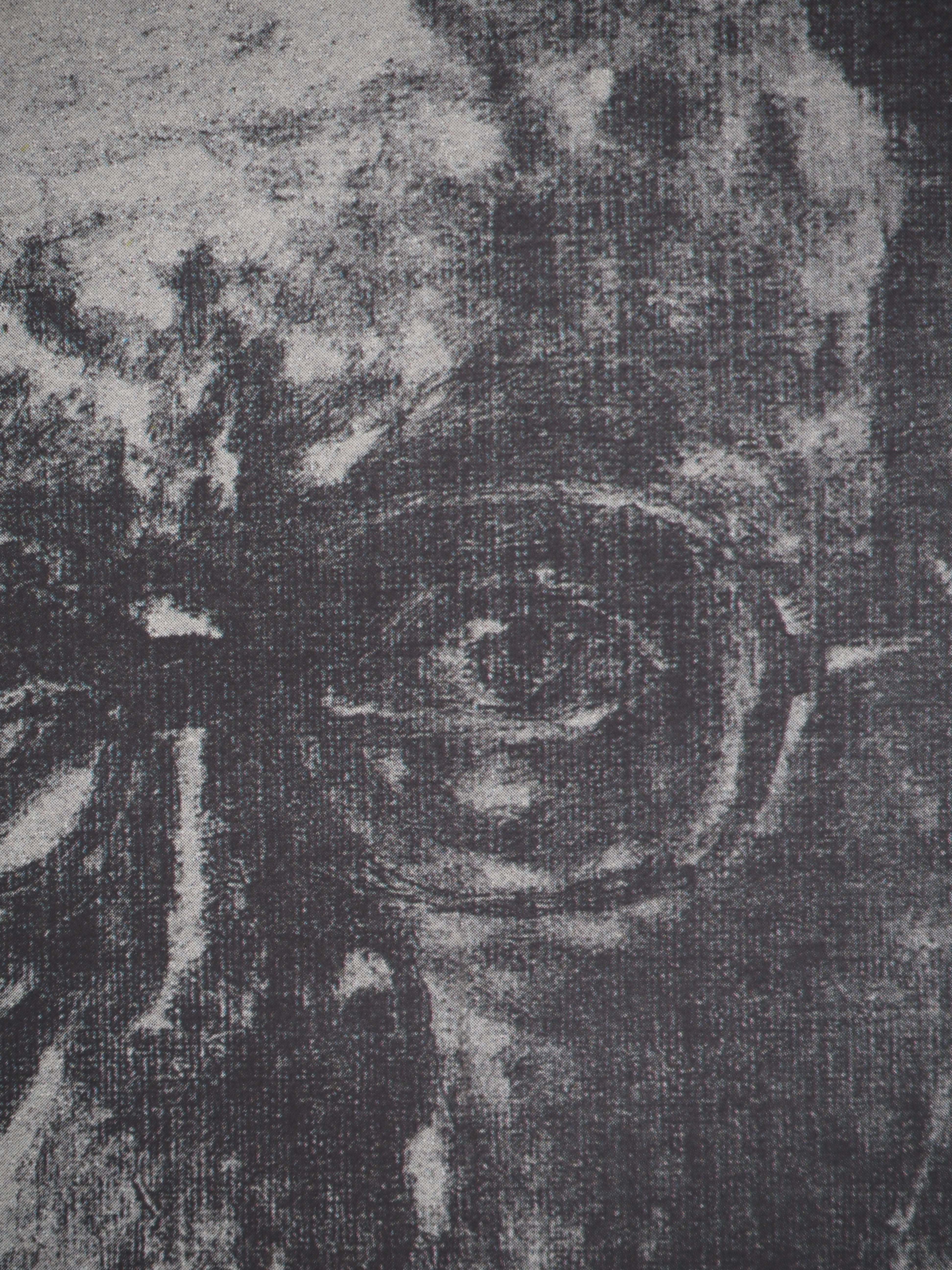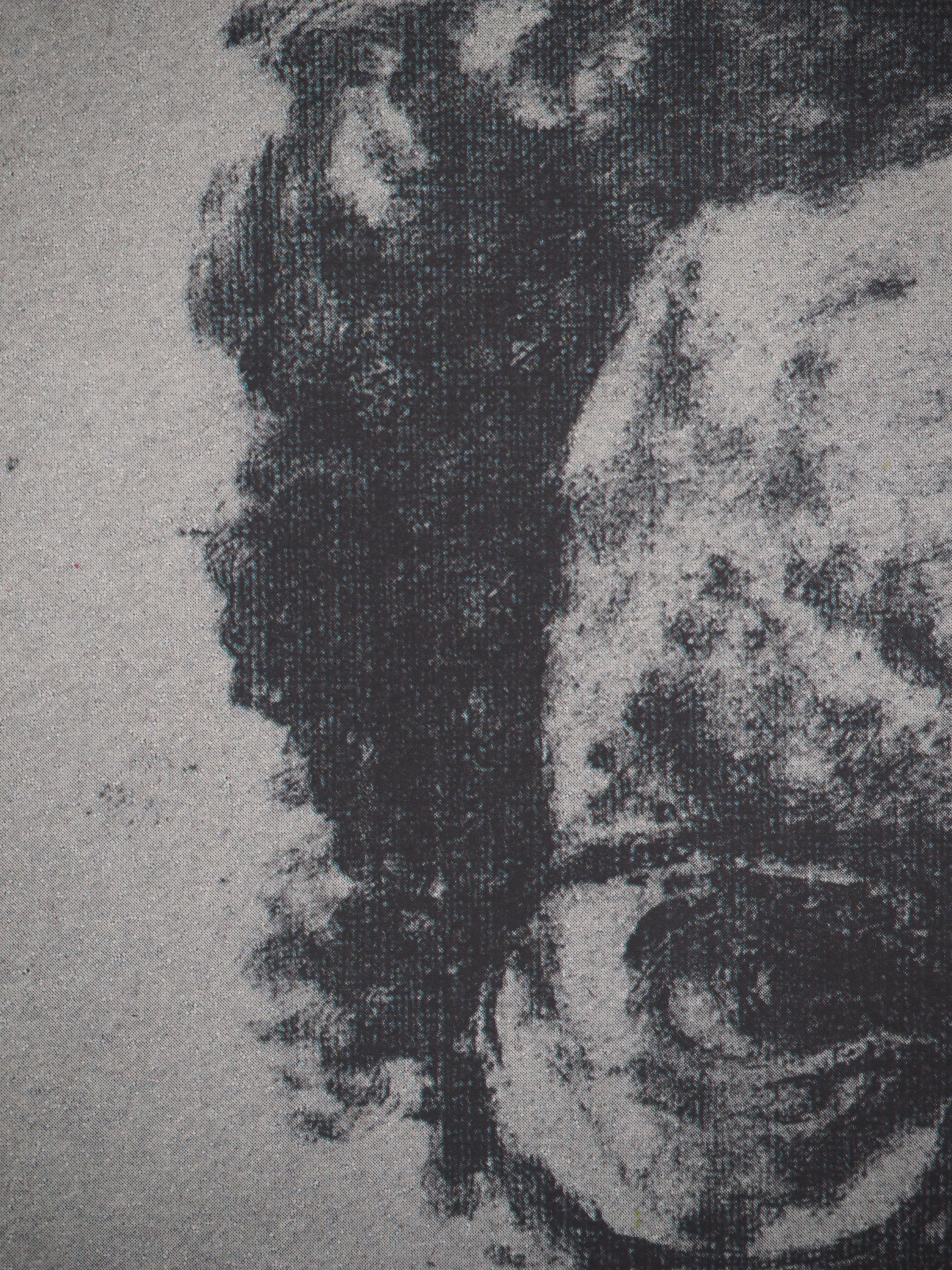-
-
- Alex Katz(1)
- Alexander Calder(15)
- André Derain(84)
- Andy Warhol(18)
- Antoni Tapiès(23)
- Arman(31)
- Aurélie Nemours(1)
- Bengt Lindström(8)
- Bernard Buffet(184)
- César(10)
- Charles Eames(1)
- Charlotte Perriand(17)
- Claude Weisbuch(48)
- Corneille van Beverloo(15)
- Eduardo Chillida(5)
- François Morellet(1)
- Georges Braque(74)
- Gustav Klimt(6)
- Hans Bellmer(19)
- Hans Hartung lithograph(25)
- Henri Matisse(155)
- Hervé Télémaque(5)
- Jacques Villeglé(6)
- Jean Cocteau(230)
- Jean Hélion(7)
- Jean Miotte(5)
- Jean Picart Le Doux(5)
- Joan Miro(115)
- Karel Appel(1)
- Keith Haring(8)
- Ladislas Kijno(3)
- Léonard Tsugouharu Foujita(36)
- Leonor Fini(102)
- Louis Toffoli(7)
- Marc Chagall(376)
- Marie Laurencin(43)
- Maurice de Vlaminck(76)
- Maurice Utrillo(12)
- Max Ernst(36)
- Mimmo Rotella(4)
- Niki de Saint Phalle(5)
- Pablo Picasso(412)
- Peter Klasen(6)
- Philippe Pasqua(2)
- Pierre Alechinsky(35)
- Pierre Soulages lithographs(31)
- Pierre Tal-Coat(6)
- Pierre-Yves Trémois(30)
- Raoul Dufy(53)
- Robert Combas(6)
- Salvador Dali(446)
- Théo Tobiasse(5)
- Tony Soulié(5)
- Valério Adami(33)
- Yves Brayer(43)
- Zao Wou-Ki(9)
Top artists -
-
-
-
- Alex Katz(1)
- Alexander Calder(15)
- André Derain(84)
- Andy Warhol(18)
- Antoni Tapiès(23)
- Arman(31)
- Aurélie Nemours(1)
- Bengt Lindström(8)
- Bernard Buffet(184)
- César(10)
- Charles Eames(1)
- Charlotte Perriand(17)
- Claude Weisbuch(48)
- Corneille van Beverloo(15)
- Eduardo Chillida(5)
- François Morellet(1)
- Georges Braque(74)
- Gustav Klimt(6)
- Hans Bellmer(19)
- Hans Hartung lithograph(25)
- Henri Matisse(155)
- Hervé Télémaque(5)
- Jacques Villeglé(6)
- Jean Cocteau(230)
- Jean Hélion(7)
- Jean Miotte(5)
- Jean Picart Le Doux(5)
- Joan Miro(115)
- Karel Appel(1)
- Keith Haring(8)
- Ladislas Kijno(3)
- Léonard Tsugouharu Foujita(36)
- Leonor Fini(102)
- Louis Toffoli(7)
- Marc Chagall(376)
- Marie Laurencin(43)
- Maurice de Vlaminck(76)
- Maurice Utrillo(12)
- Max Ernst(36)
- Mimmo Rotella(4)
- Niki de Saint Phalle(5)
- Pablo Picasso(412)
- Peter Klasen(6)
- Philippe Pasqua(2)
- Pierre Alechinsky(35)
- Pierre Soulages lithographs(31)
- Pierre Tal-Coat(6)
- Pierre-Yves Trémois(30)
- Raoul Dufy(53)
- Robert Combas(6)
- Salvador Dali(446)
- Théo Tobiasse(5)
- Tony Soulié(5)
- Valério Adami(33)
- Yves Brayer(43)
- Zao Wou-Ki(9)
Top artists -
-
Avigdor ARIKHA: Astonished self-portrait, Heliogravure
Astonished self-portrait, 1990
Heliogravure after an aquatint engraving
Unsigned
On vellum 34.5 x 24 cm
INFORMATION: This heliogravure was published by the Crédit Lyonnais Foundation for the Arts in 1990, in direct collaboration with the artist.
Excellent condition, with its protective silk sheet bearing the artist's name
Autoportrait étonné, 1990
Héliogravure d'après une gravure à l'aquatinte
Non signée
Sur vélin 34.5 x 24 cm
INFORMATION : Cette héliogravure a été éditée par la Fondation du Crédit Lyonnais pour les Arts en 1990, en collaboration directe avec l'artiste.
Excellent état, avec son feuillet de soie protecteur portant le nom de l'artiste
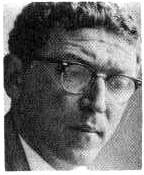 Avigdor Arikha :
(1929-2010) was a Romanian-born French-Israeli painter, draughtsman, printmaker, and art historian, who was born in 1929 in Bucovina, Romania, and who died in 2010. Avigdor Arikha was born to German-speaking Jewish parents in Romania (now in Ukraine). His family faced forced deportation in 1941 to the Romanian-run concentration camps of Transnistria, where his father died. He survived thanks to the drawings he made of deportation scenes, which were shown to delegates of the International Red Cross. Arikha emigrated to Palestine in 1944. In 1948 he was severely wounded in Israel's War of Independence. From 1946 to 1949, he attended the Bezalel School of Art in Jerusalem. In 1949 he won a scholarship to study at the Ecole des Beaux Arts in Paris. From 1954, Arikha resided in Paris.
Arikha died in Paris from complications of cancer in 2010 the day after his 81st birthday.
In the late 1950s, Arikha evolved into abstraction and established himself as an abstract painter, but he eventually came to think of abstraction as a dead end. In 1965 he stopped painting and began drawing, only from life, treating all subjects in a single sitting. In 1973, he felt an urge to resume painting. He became "perhaps the best painter from life in the last decades of the 20th century", in the words of the obituary in the Economist magazine. His practice thereafter remained to paint directly from the subject in natural light only. It was a principle he shared with his close friend Henri Cartier-Bresson, to whose "instant décisif" it was analogous. He is noted for his portraits, nudes, still lifes, and landscapes, rendered realistically and spontaneously, but in their radical spatial composition they clearly bear the lessons of abstraction, and in particular of Mondrian.
In the words of the art critic Marco Livingstone, Arikha "bridged the modernist avant-garde of pure abstraction with traditions of observational drawing and painting stretching back to the Renaissance and beyond. He was truculently insistent that he was not part of any "return to figuration", but rather had found his own way as "a post-abstract representational artist".
Arikha painted a number of commissioned portraits, including that of H.M. Queen Elizabeth, the Queen Mother (1983), Lord Home of the Hirsel, former Prime Minister of the United Kingdom (1988), both in the collection of the Scottish National Portrait Gallery, Edinburgh. Other portraits include those of Catherine Deneuve (1990) for the French State, or that of the former Prime Minister Pierre Mauroy for the city of Lille.
He was also a curator at the Musée du Louvre, the Frick Collection of New York, the Museum of Fine Arts, Houston, and the Israel Museum in Jerusalem.
Some of his works are present in the collections of Bibliothèque nationale de France, at the Kemper Museum of Contemporary Art (USA), at the National Galleries of Scotland, at the Centre Pompidou - Musée national d'art moderne (France), at the Musée des Beaux arts de Nancy (France), at the Tate Collection (London), and at the Modern Museum in Sweden - Moderna Museet (Suède).
Avigdor Arikha :
(1929-2010) was a Romanian-born French-Israeli painter, draughtsman, printmaker, and art historian, who was born in 1929 in Bucovina, Romania, and who died in 2010. Avigdor Arikha was born to German-speaking Jewish parents in Romania (now in Ukraine). His family faced forced deportation in 1941 to the Romanian-run concentration camps of Transnistria, where his father died. He survived thanks to the drawings he made of deportation scenes, which were shown to delegates of the International Red Cross. Arikha emigrated to Palestine in 1944. In 1948 he was severely wounded in Israel's War of Independence. From 1946 to 1949, he attended the Bezalel School of Art in Jerusalem. In 1949 he won a scholarship to study at the Ecole des Beaux Arts in Paris. From 1954, Arikha resided in Paris.
Arikha died in Paris from complications of cancer in 2010 the day after his 81st birthday.
In the late 1950s, Arikha evolved into abstraction and established himself as an abstract painter, but he eventually came to think of abstraction as a dead end. In 1965 he stopped painting and began drawing, only from life, treating all subjects in a single sitting. In 1973, he felt an urge to resume painting. He became "perhaps the best painter from life in the last decades of the 20th century", in the words of the obituary in the Economist magazine. His practice thereafter remained to paint directly from the subject in natural light only. It was a principle he shared with his close friend Henri Cartier-Bresson, to whose "instant décisif" it was analogous. He is noted for his portraits, nudes, still lifes, and landscapes, rendered realistically and spontaneously, but in their radical spatial composition they clearly bear the lessons of abstraction, and in particular of Mondrian.
In the words of the art critic Marco Livingstone, Arikha "bridged the modernist avant-garde of pure abstraction with traditions of observational drawing and painting stretching back to the Renaissance and beyond. He was truculently insistent that he was not part of any "return to figuration", but rather had found his own way as "a post-abstract representational artist".
Arikha painted a number of commissioned portraits, including that of H.M. Queen Elizabeth, the Queen Mother (1983), Lord Home of the Hirsel, former Prime Minister of the United Kingdom (1988), both in the collection of the Scottish National Portrait Gallery, Edinburgh. Other portraits include those of Catherine Deneuve (1990) for the French State, or that of the former Prime Minister Pierre Mauroy for the city of Lille.
He was also a curator at the Musée du Louvre, the Frick Collection of New York, the Museum of Fine Arts, Houston, and the Israel Museum in Jerusalem.
Some of his works are present in the collections of Bibliothèque nationale de France, at the Kemper Museum of Contemporary Art (USA), at the National Galleries of Scotland, at the Centre Pompidou - Musée national d'art moderne (France), at the Musée des Beaux arts de Nancy (France), at the Tate Collection (London), and at the Modern Museum in Sweden - Moderna Museet (Suède).
